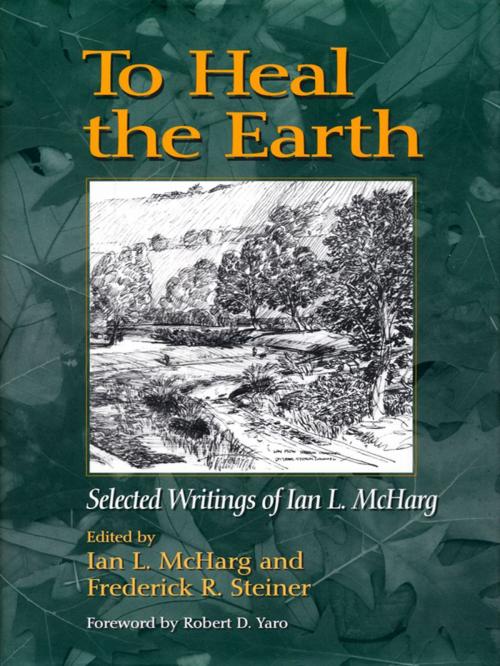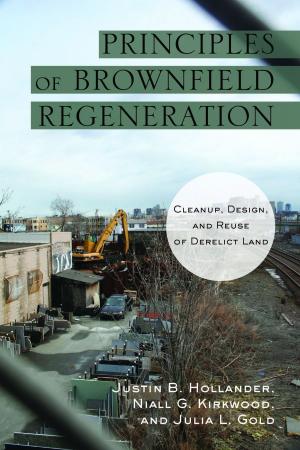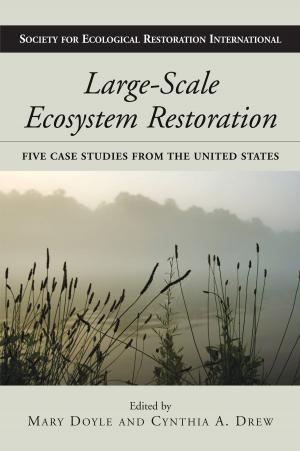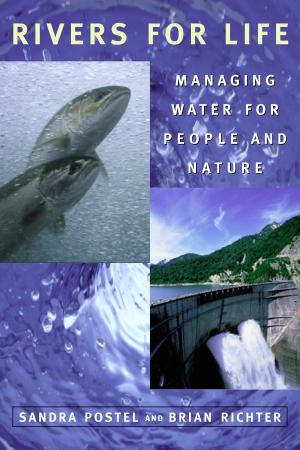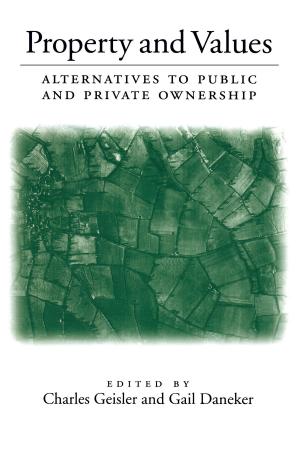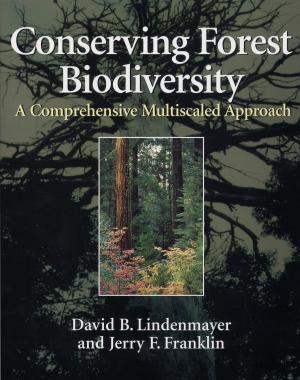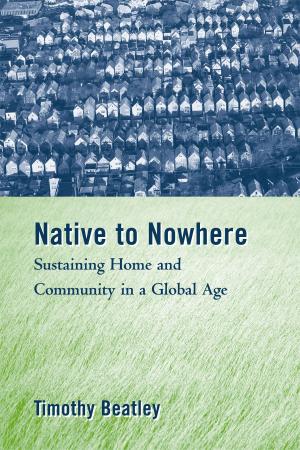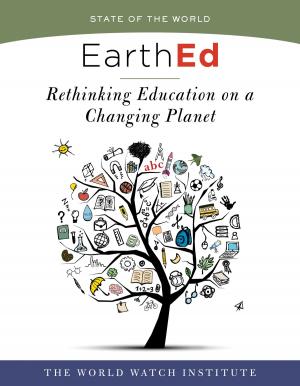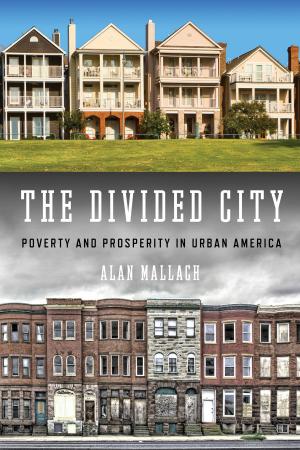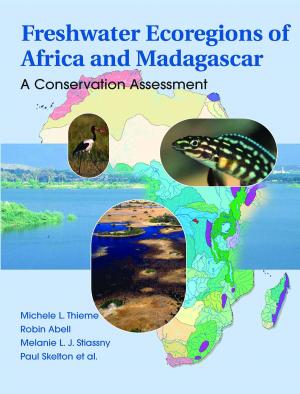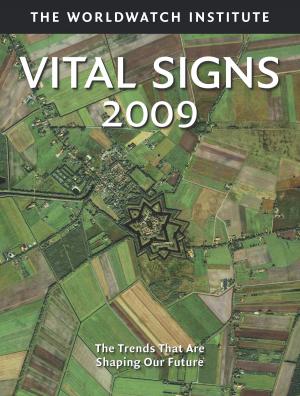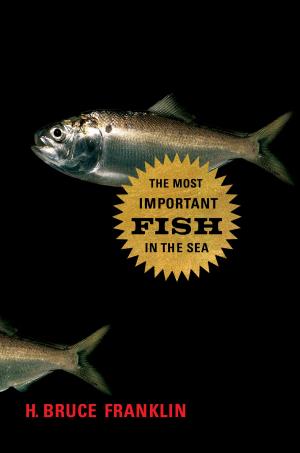To Heal the Earth
Selected Writings Of Ian L. McHarg
Nonfiction, Art & Architecture, Architecture, Landscape, Science & Nature, Nature, Animals, Mammals| Author: | Ian L. McHarg | ISBN: | 9781597269223 |
| Publisher: | Island Press | Publication: | September 26, 2012 |
| Imprint: | Island Press | Language: | English |
| Author: | Ian L. McHarg |
| ISBN: | 9781597269223 |
| Publisher: | Island Press |
| Publication: | September 26, 2012 |
| Imprint: | Island Press |
| Language: | English |
Ian L. McHarg's landmark book Design with Nature changed the face of landscape architecture and planning by promoting the idea that the design of human settlements should be based on ecological principles. McHarg was one of the earliest and minfluential proponents of the notion that an understanding of the processes that form landscapes should underlie design decisions.
In To Heal the Earth, McHarg has joined with Frederick Steiner, a noted scholar of landscape architecture and planning, to bring forth a valuable cache of his writings produced between the 1950s and the 1990s. McHarg and Steiner have each provided original material that links the writings together, and places them within the historical context of planning design work and within the larger field of ecological planning as practiced today.
The book moves from the theoretical-beginning with the 1962 essay "Man and Environment" which sets forth the themes of religion, science, and creativity that emerge and reappear throughout McHarg's work--to the practical, including discussions of methods and techniques for ecological planning as well as case studies. Other sections address the link between ecology and design, and the issue of ecological planning at a regional scale, covering topics such as education and training necessary to develop the field of ecological planning, how to organize and arrange biophysical information to reveal landscape patterns, the importance of incorporating social factors into ecological planning, and more.
To Heal the Earth provides a larger framework and a new perspective on McHarg's work that brings to light the growth and developmof his key ideas over a forty year period. It is an important contribution to the literature, and will be essential reading for students and scholars of ecological planning, as well as for professional planners and landscape architects.
Ian L. McHarg's landmark book Design with Nature changed the face of landscape architecture and planning by promoting the idea that the design of human settlements should be based on ecological principles. McHarg was one of the earliest and minfluential proponents of the notion that an understanding of the processes that form landscapes should underlie design decisions.
In To Heal the Earth, McHarg has joined with Frederick Steiner, a noted scholar of landscape architecture and planning, to bring forth a valuable cache of his writings produced between the 1950s and the 1990s. McHarg and Steiner have each provided original material that links the writings together, and places them within the historical context of planning design work and within the larger field of ecological planning as practiced today.
The book moves from the theoretical-beginning with the 1962 essay "Man and Environment" which sets forth the themes of religion, science, and creativity that emerge and reappear throughout McHarg's work--to the practical, including discussions of methods and techniques for ecological planning as well as case studies. Other sections address the link between ecology and design, and the issue of ecological planning at a regional scale, covering topics such as education and training necessary to develop the field of ecological planning, how to organize and arrange biophysical information to reveal landscape patterns, the importance of incorporating social factors into ecological planning, and more.
To Heal the Earth provides a larger framework and a new perspective on McHarg's work that brings to light the growth and developmof his key ideas over a forty year period. It is an important contribution to the literature, and will be essential reading for students and scholars of ecological planning, as well as for professional planners and landscape architects.
